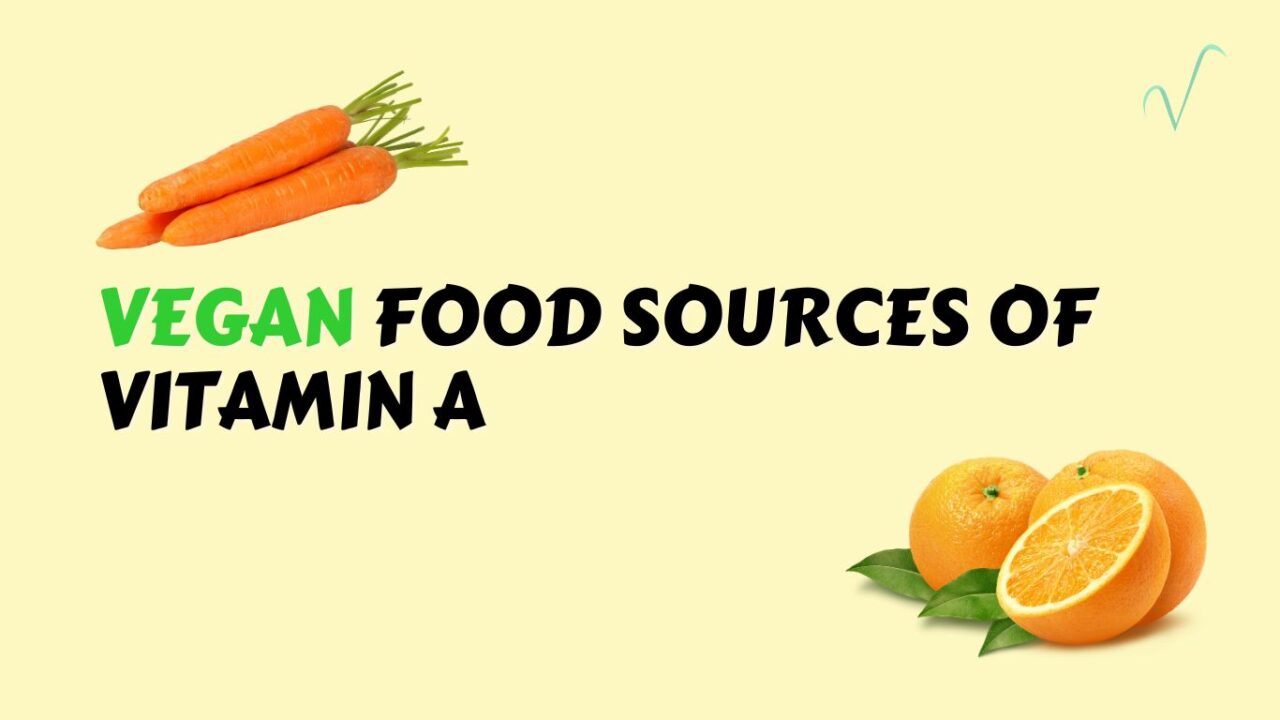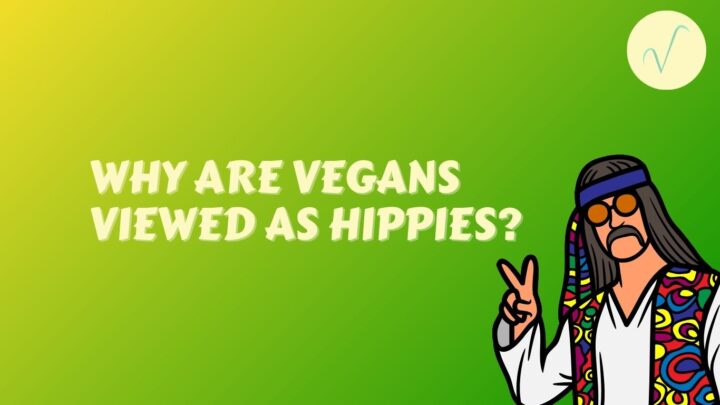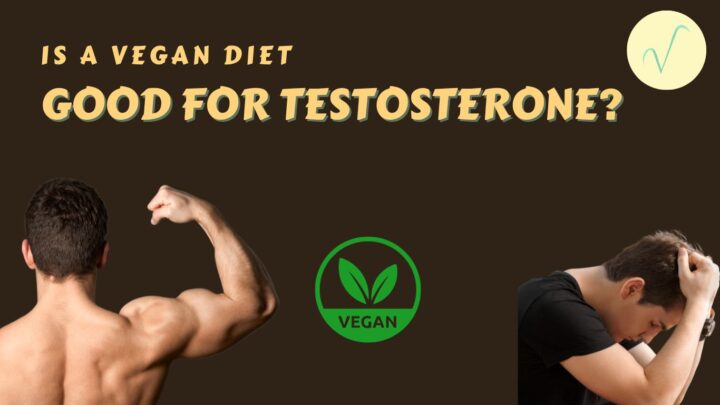You may of heard of getting your vitamin A, or beta-carotene (as the scientists call it), from your carrots.
But did you know there’s an array of plant-based foods rich in vitamin A that you’ve been eating this whole time?
If you’re deficient, or merely want to be better informed on how much vitamin A you’re consuming on a daily basis, then this post’s for you.
Read on to discover how to get more vitamin A as a vegan.
Oranges
A humble fruit, and often known for being one of the best sources of vitamin C.

The orange also has a fair amount of folate and calcium content within. But in this case regarding vitamin A content, one large orange is equivalent to 8% of your daily intake.
Some freshly squeezed OJ might just be one of the best ways to start the day!
Squash
One of the most potent sources of vitamin A on the list, from such an underrated vegetable also.
Butternut squash is commonly used as an alternative to regular roasted potatoes and has a pleasant sweet, yet nutty flavour and aroma.

One cup of roasted butternut squash provides you with a whopping 457% of your daily recommended vitamin A!
You could easily half that and be good for the day, food for thought…
Sweet potatoes
Another great starchy alternative to regular white potatoes; boasting an array of nutrients within both its nutritious skin and orange flesh.

This is yet another, for lack of a better word, ridiculously high source of vitamin A – providing 438% in a mere medium-sized roasted sweet potato.
Carrots
As mentioned, carrots are infamously known as being good for the eyes, and this is due to the vitamin A content within.

One large raw carrot provides you with 241% of your recommended vitamin A. This can easily be enjoyed dipped in hummus instead of crackers!
Pumpkin
Be honest, it’s rare for the common person to add pumpkin to their shopping list. It’s more heard of to see people get a pumpkin spice latte or a pumpkin for Halloween than as part of their daily diet.

But you may want to consider incorporating this nutrient-dense food. 100 grams of boiled pumpkin is equivalent to 100% of your required vitamin A!
It’s almost as if god intended for each gram to equate to 1% of vitamin A, you can’t make this stuff up!
Kale
Another leafy green slowly climbing up the totem pole to be one of the most nutritious foods on the planet. Kale is rich in a range of nutrients, and it’s certainly not lacking in the vitamin A department.

1 cup of chopped kale is enough to provide you with a solid 206% of your required vitamin A. Try using kale as the leafy base for your next salad!
Spinach
Pop-eye said it first! Spinach is another common leafy green known for it’s nutrition, and of course, being a green, its health benefits.

One cup of raw spinach provides you with 56% of your recommended intake of vitamin A, or, half your day’s worth.
Why do we need vitamin A?
The purpose of vitamin A stems from maintenance of vision, as well as holding a very important role in the growth and development of children and infants.
Is the body able to absorb vegan vitamin A?
Whilst it’s well-known that retinol is easily absorble through animal products, vegan vitamin A, which is in the form of beta carotene, is harder to absorb.
While it’s still possible, it’s key to ensure you get your levels checked as we do lose some vitamin A in the body’s process of converting beta carotene to retinol. That said, you can always get a supplement or fortified foods or juices to boost your intake (just make sure they’re vegan).
What are the symptoms of vitamin A deficiency?
Evident from the previous paragraph, a deficiency in vitamin A could potentially lead to deterioration of vision. The initial indicator that could be taken as a sign is the development of night blindness.
Other symptoms include the body’s compromised ability to fight infection, as vitamin A deficiency can also negatively impact the immune system’s function.
What affects vitamin A absorption?
Eating a balanced diet, in most cases should be a rule of thumb for anyone planning to upgrade their nutritional game.
A good balance of healthy fats incorporated with vitamin A rich foods have been shown to help improve absorption.
Regarding factors that may reduce ability to absorb vitamin A, medication, alcoholism, smoking and over processing of foods have been seen to reduce the likelihood of adequately absorbing the vitamin.
This is why it’s so important to control your lifestyle habits, those on medication certainly didn’t get there out of nowhere. It can even compromise your body’s ability to naturally replenish itself with nutrients from food.
Vegan vitamin A rich foods
Hopefully this source has helped you realise that a vegan diet, if anything, contains a surplus of vitamin A sources.
If anything, it’s hard to avoid if you eat a decent variety of foods.
Next time you chow down on a delicious pumpkin soup, sweet potato mash or carrots and hummus; just remember you’re doing your body (vitamin) a real service.




